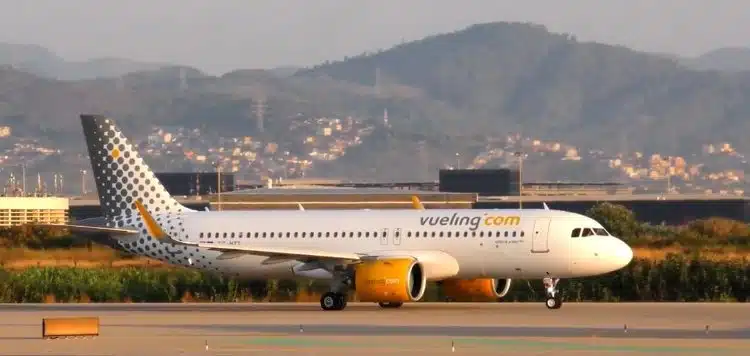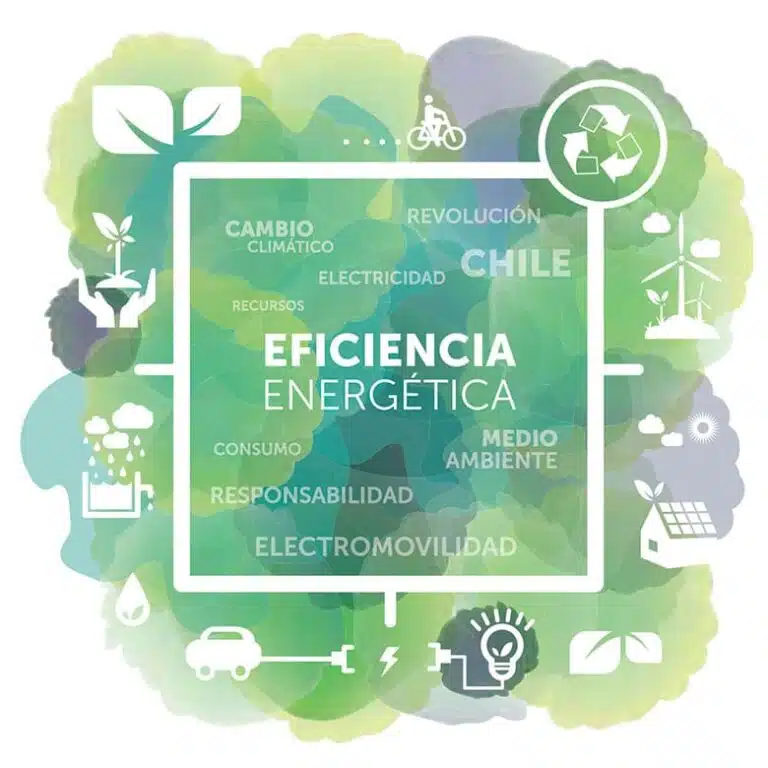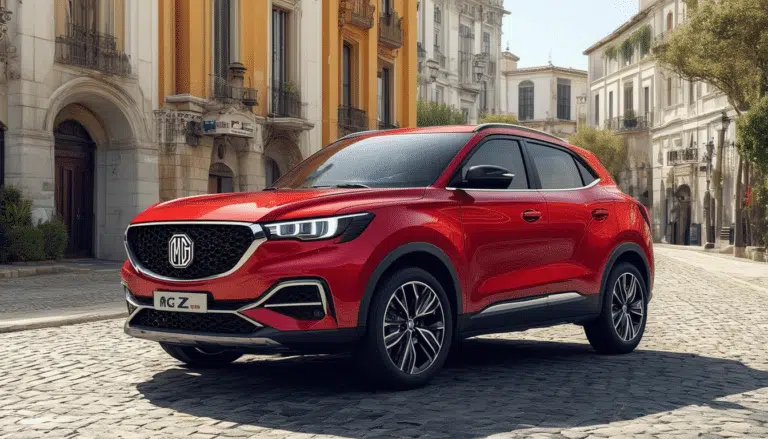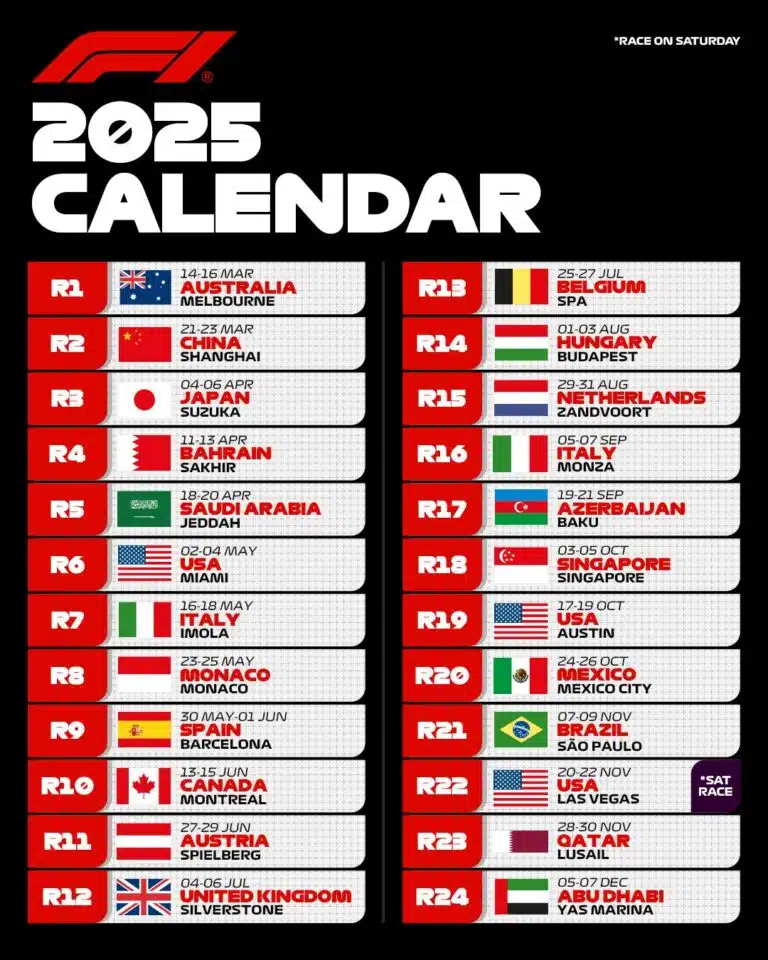Vueling and Repsol use SAF equivalent to 50% of the fuel for a flight between Barcelona and Málaga

In a prominent initiative for sustainability, Vueling and Repsol have conducted a flight between Barcelona and Málaga using sustainable aviation fuel (SAF) that accounted for 50% of the total fuel consumed during the journey. This flight, operated with a modern Airbus A320neo aircraft, not only reduces fuel consumption and carbon dioxide emissions but also highlights both companies’ commitment to the decarbonization of the aviation sector and the promotion of more sustainable practices in the aviation industry.
The collaboration between Vueling and Repsol has taken a significant step towards sustainability in aviation by implementing the use of sustainable aviation fuel (SAF). In a recent flight between Barcelona and Málaga, SAF was used to cover 50% of fuel consumption. This initiative not only underscores both companies’ commitment to the decarbonization of the aviation sector but also sets an example for other airlines to follow.
The Importance of SAF in Aviation
Sustainable aviation fuel (SAF) is presented as a key solution to reduce carbon dioxide emissions in the aviation industry. Compared to traditional fuel, SAF can produce up to 80% less emissions over its lifecycle. This special flight designed by Vueling and Repsol not only marks the implementation of a new standard but also emphasizes SAF’s potential to transform the air transport industry.
Details of the Flight and Aircraft
The flight between Barcelona and Málaga was carried out on an Airbus A320neo, a next-generation aircraft that allows for a reduction of fuel consumption and CO2 emissions by up to 20% compared to earlier generation aircraft. This combination of modern technology and sustainable fuel represents a significant advancement towards sustainability in air transport.
An Event with a Sustainable Focus
The flight was related to the Málaga Film Festival, where passengers enjoyed a screening of the short film ‘Estimada Ángela’, which is participating in the festival. Additionally, special headrests and a carpet that evoked a film reel were offered, strengthening the connection between cinema and the companies’ environmental commitment.
Future Commitments of Vueling and Repsol
The words of the executives from both companies are hopeful. Vueling’s Director of Sustainability, Franc Sanmartí, emphasized the importance of collaboration among all stakeholders in the value chain to promote the use of SAF. Furthermore, Repsol’s Senior Manager of Sustainable Aviation, Curro Lucas Ochoa, highlighted the commitment to sustainable leisure through this collaboration. Vueling aims to use 10% SAF by 2030, double the requirement of the European Union, having already supplied over 1,500 tons of this fuel since June 2022.
Reflection on Sustainability in Aviation
This initiative by Vueling and Repsol not only highlights the industry’s capacity to evolve towards more sustainable methods but also invites travelers to reflect on their role in reducing their carbon footprint. The use of SAF in commercial flights can be an important step towards a cleaner and more responsible future in air transport.
The collaboration between Vueling and Repsol represents an inspiring example in the quest for a more sustainable future, setting the benchmark for future initiatives in the aviation sector.
Related news
Follow us on social media
Commitment to Sustainability in Aviation
Vueling and Repsol have taken a bold step towards sustainability by using sustainable aviation fuel (SAF) on a flight between Barcelona and Málaga. This collaboration, coinciding with the Málaga Film Festival, has been noteworthy as the SAF used accounted for 50% of the total consumption of the flight. This effort exemplifies both companies’ commitment to the decarbonization of the aviation sector and the pursuit of less polluting alternatives.
The flight conducted on a next-generation Airbus A320neo aircraft has allowed for a reduction in fuel consumption and carbon dioxide emissions compared to previous aircraft. The technology of these planes, along with the use of SAF, contributes to a significant decrease in the carbon footprint, a critical aspect in the fight against climate change.
During the journey, passengers not only enjoyed the flight but also a unique experience by screening the short film ‘Estimada Ángela’, highlighting how aviation can merge with culture to raise awareness about sustainability. Such initiatives not only benefit the environment but also foster greater social awareness about the importance of making more sustainable choices in all areas of life.
With future plans, such as Vueling’s goal to incorporate 10% SAF into its fuel mix by 2030, both companies demonstrate that it is possible to advance towards a greener future in aviation. Actions like these pave a clear path toward a more sustainable and planet-responsible business model.




